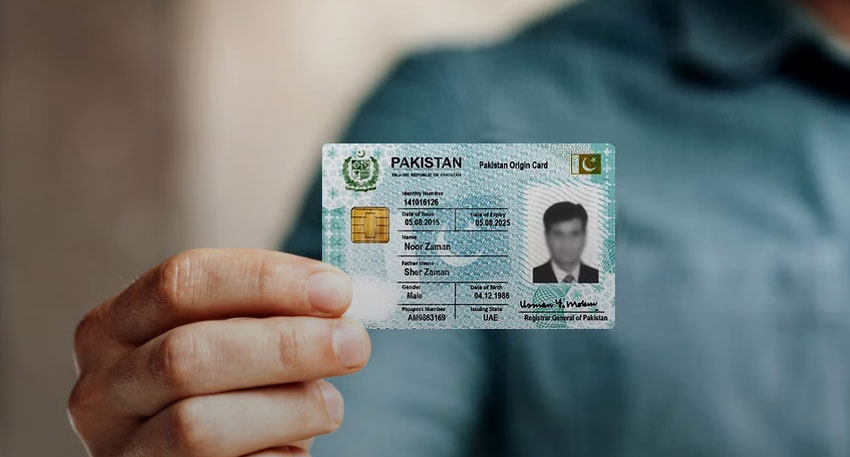
Punjab assembly has unanimously approved a resolution to undergo the CNIC system by including card holder’s blood group in it. This initiative is introduced to cater individuals in times of health emergency and responses.
Resolution Details of Punjab CNIC Changes
The resolution, presented by Ahmad Iqbal Chaudhry, argues that including the blood group on the National Database and Registration Authority (NADRA) card can save lives by enabling quick access to correct blood type during accidents and disasters.
It highlights that hospitals and blood banks frequently struggle when a patient’s blood group is unknown, delaying treatment and jeopardising outcomes. The resolution calls on the federal authorities and NADRA to take the necessary steps to integrate this “blood group” field into the CNIC system across the province.
Significance of the Punjab CNIC Changes
By embedding blood group information on the CNIC, the change makes the national identity card a dual-purpose document — addressing identity verification and emergency health response readiness.
It reflects broader efforts to modernise public services and integrate health data with identity infrastructure, enhancing both administrative efficiency and citizen safety.
Also Read: Sheikh Hamdan introduces projects creating 15000 new jobs in Dubai
Next Steps in Punjab CNIC Changes
Following the resolution, the Punjab government and NADRA will need to coordinate on implementation: designing the card layout, updating databases, ensuring data accuracy and privacy safeguards, and rolling out changes for both domestic and overseas Pakistanis.
Public awareness, stakeholder engagement (like hospitals and blood banks), and timelines will be critical to successful rollout. The approved resolution for Punjab CNIC changes marks a meaningful shift: identity cards will soon carry vital medical information, reinforcing the CNIC’s role not just as proof of identity but as a life-saving tool in emergencies.




